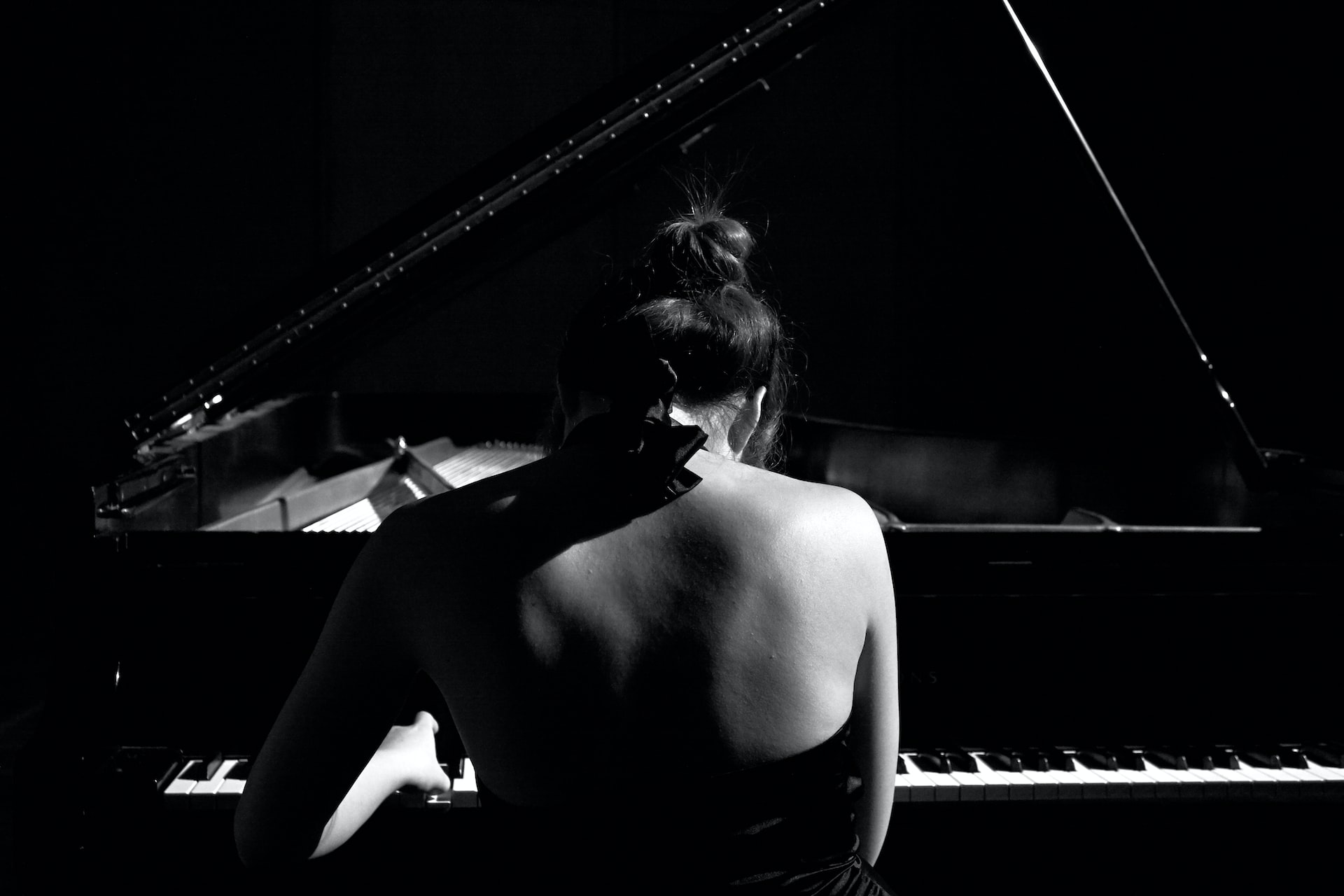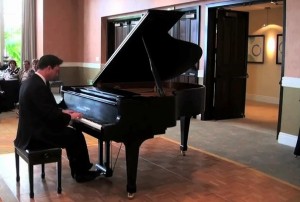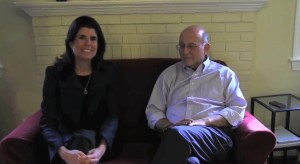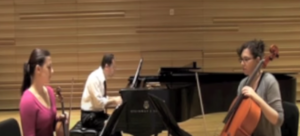The Bradshaw & Buono International Piano Competition takes a different tack by judging amateur adult contestants on the basis of a submitted video. Elsewhere around the globe, in cities such as Paris, Berlin, and Fort Worth, adult amateur pianists stride onto brightly lit stages, take their seats at concert grands, and play live before a panel of judges with the hope of garnering a prize.
In contrast, the philosophy underpinning Bradshaw & Buono International Piano Competition is that pianists, whether or not their stripes are professional, often lack the time and funds to travel long distances simply to compete.
Founded in 2003, the Amateur Adults division of the contest is open to adults 19 years and older who do not have any professional degrees in music. The contest does not require any repertory, save that contestants present music from two different periods, for example, say Baroque and Romantic. The application deadline is typically in April each year. Videos from First Prize winners are included in a broadcast recital.
To learn more about the competition, GRAND PIANO PASSION™ caught up with Cosmo Buono, the Artistic Director of the Bradshaw & Buono International Piano Competition. (In full disclosure, Cosmo Buono is a Special Contributing Writer for this site.)
You have designed the competition as an entrée into piano performance. How does that aspect apply to amateur pianists?
We believe that amateurs have a very valid musical viewpoint. Not so long ago composers such as Bach, Beethoven, Mozart, and Chopin were frequently writing works for amateur pianists. So it seems very important to us to help give them an entrée into piano performance.
Isn’t it more difficult to evaluate a candidate’s pianism if you cannot see and hear them playing live?
Since technology has become so advanced, even in the use of cell phones for video recordings, we get a very good representation of an applicant’s performance through the recordings they submit, and even the subtle nuances of their interpretations..
Your competition is also somewhat unique in that it contains an Amateur Division within the overall competition, whereas other piano competitions for adults have a separate amateur division. Why did you take a different approach?
We believe that amateur musicians have a viewpoint and sophistication that should be heard alongside their professional counterparts. There are many wonderful amateur pianists that take their work at the instrument very seriously. Sometimes there is fresh new approach that has not been molded by formal college or conservatory training or the rigors of living as a professional musician.
I noticed that the number of people who win First Prize or Second Prize each year varies.
We do vary the number, because we want the flexibility to award more prizes in the years in which we have quite a few players that represent our goal to help those that are expressive and creative in their playing.
Could you describe an amateur who has won the competition and gone on to other interesting endeavors?
There is an English pianist by the name of Rupert Egerton-Smith who was a Second Prize winner in 2012. Mr. Egerton-Smith plays some of the virtuoso literature such as Ravel’s Gaspard de la nuit, but it is not just that he plays it; he makes music of it. I was struck by how well he told the story of each of the pieces in this set. His playing has a great sensitivity about it, and he is not afraid to be individual in his interpretations.
GRAND PIANO PASSION™happens to have profiled another Bradshaw & Buono winner, Ria Dawn Carlo.
Yes. Ria Carlo brings such an intelligence and ease to her interpretations, particularly of Baroque music. She does her research into the style of the period, and then once she has absorbed the characteristics of the style, she is at ease in her expression of the music. Ms. Carlo has an extraordinary curiosity about all things pertaining to her interpretation, and that is one of the aspects that makes her performances so compelling.
Both Rupert and Ria have mastered enough repertoire to release CDs. How advanced does a pianist need to be to have a hope of placing in the Bradshaw & Buono International Competition?
An entrant does not in any way have to play the most advanced repertoire. We would rather present someone that plays a Chopin prelude or nocturne very well than someone that performs a more difficult repertoire but with less insight. It really is about how well a pianist performs the work they have chosen and not the difficulty of the work itself.





I am looking for an on line music school where I can get my masters degree in either piano pedagogy, or composition. Also, how do you try out to see if you can qualify to be in your amateur competition?
I’m not able to recommend an online music school. The good news is that the Alexander and Buono piano competition does not require try outs to participate.If you want to learn more,simply click on link in article. Good luck!